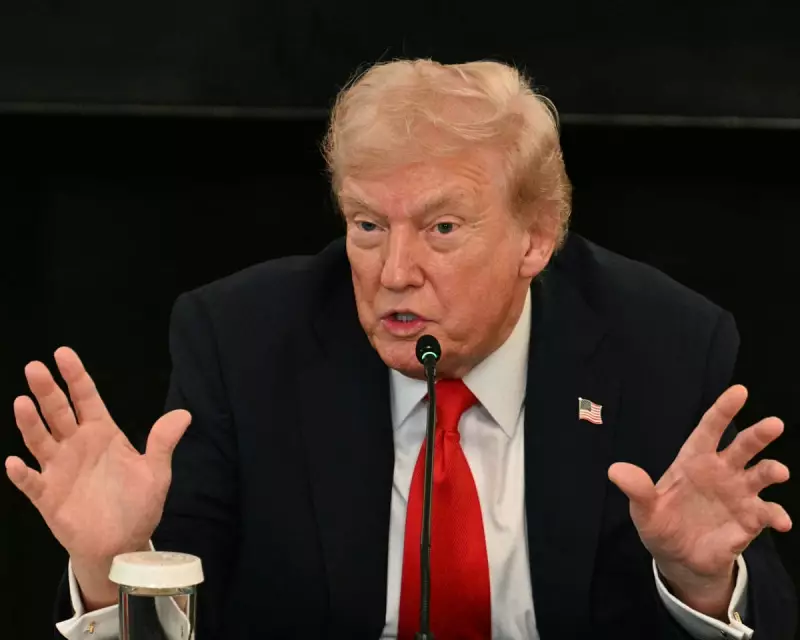
In a significant political development, far-right movements across Europe are rallying behind former US President Donald Trump's campaign to have Antifa officially classified as a terrorist organisation. This coordinated effort represents a notable transatlantic alignment of conservative forces against left-wing activism.
The Transatlantic Influence
The movement gained momentum after Trump's recent public statements advocating for Antifa's terrorist designation. European nationalist parties have quickly adopted this position, framing it as a necessary measure to combat political violence and extremism.
Growing Political Momentum
Several prominent European far-right leaders have publicly endorsed the initiative, arguing that Antifa represents a significant threat to public order and democratic processes. They point to various protests and demonstrations where Antifa members have been present as evidence of organised political violence.
Civil Liberties Concerns
Human rights organisations and civil liberties advocates have expressed alarm at these developments. They warn that designating a loose, decentralised movement as a terrorist organisation could lead to the criminalisation of legitimate political protest and dissent.
Legal Implications
The push for terrorist designation raises complex legal questions across European jurisdictions. Unlike formal organisations with clear membership structures, Antifa operates as a broad political movement, making traditional counter-terrorism frameworks difficult to apply.
Political Reactions
Mainstream political parties appear divided on the issue. While some conservative groups have expressed sympathy with the far-right's position, centrist and left-wing parties generally oppose the move, citing concerns about freedom of assembly and political expression.
The debate comes amid heightened political tensions across Europe, with several countries experiencing increased polarisation and street-level political conflicts. The outcome of this initiative could have far-reaching implications for how European democracies handle political extremism and protest movements.





